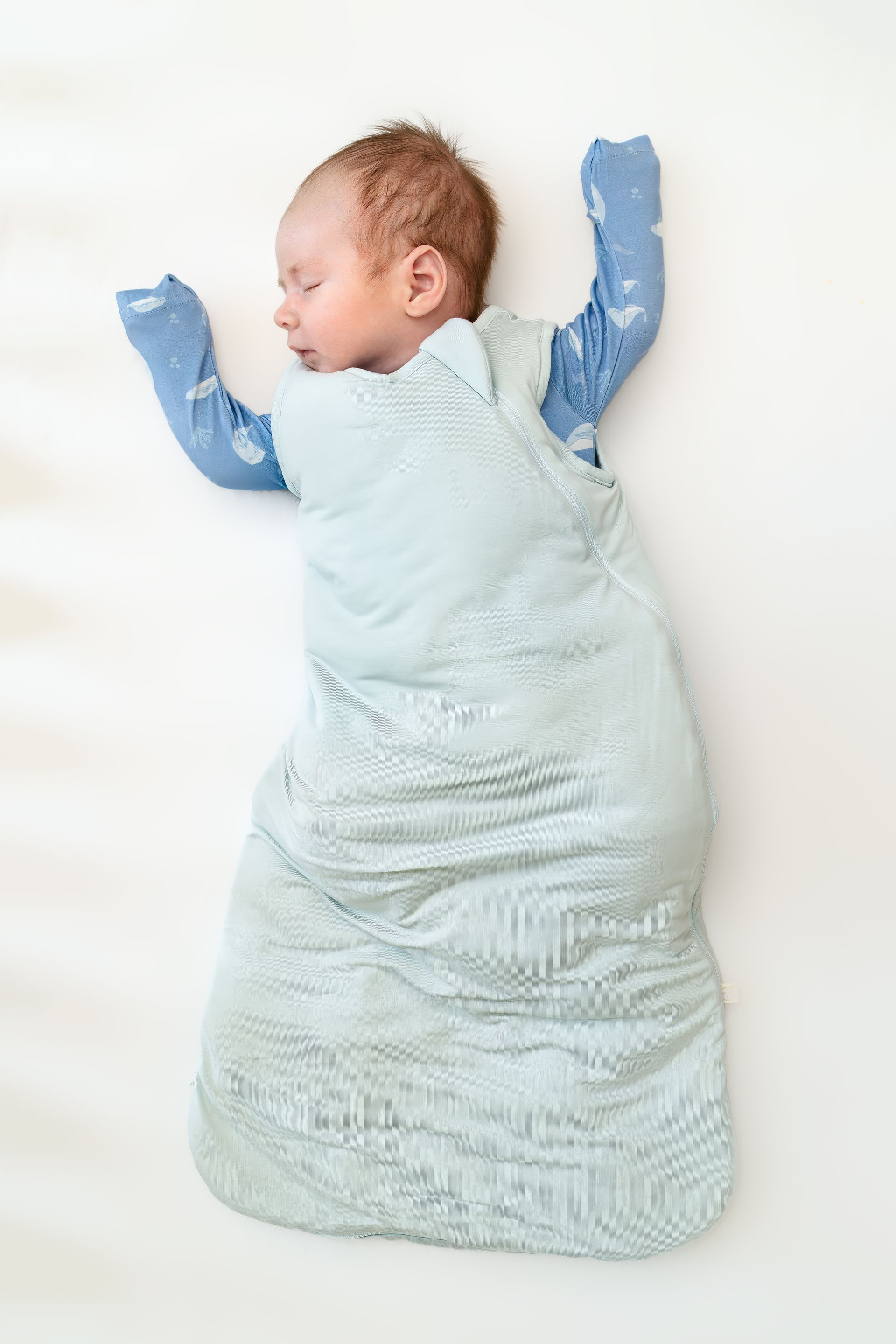I never really hired a sleep consultant
So why might you want to?
Written by Lamis Benjelloun
Being pregnant 9 years ago in Morocco was very different from now. I am not saying I lived in the stone age but there was no doulas, no lactation specialists, no antenatal classes and definitely no post natal support. All you had was the word of those who had done it before. And they forget, otherwise none of us would have had more than one child!
So I did what I do best : I researched. I read books, scoured the internet and found websites that told me all there was to know about my pregnancy and my baby. I even found a chiropractor that did pre-natal work with expectant moms and had a couple of sessions. The day I walked into the hospital to deliver my baby, I thought I was ready ! Boy was I wrong ! Everything I read so far seemed to have disappeared into thin air. And now, there was this newborn, confused baby that expected me to know how to care for him. With a lot of help from my “village”, I was able to figure out and learn a lot of things. But sleep just wouldn’t come together. Up until almost the end of my maternity leave, my son was still sleeping very little at night and taking forever to fall asleep. I needed a solution, and fast. In comes my friend from abroad. Her son was just a year or two older than mine and in her world, they had a thing called sleep specialists! To cut a long story short, she taught me what I needed to know about sleep, as it pertained to her son and I was able to learn from that, research more and come up with a plan for my son. It worked! He was sleeping, I was sleeping, my husband was sleeping and we were all much happier people.
To say that you absolutely need a sleep specialist to decipher the foreign language that is your child’s sleep would be a lie. There is so much information out there in books, websites, applications, podcasts, guides, etc. It is all there. And I know it because I now spend the majority of my time reading through all of that material. It is a LOT. But, as a sleep deprived mama or papa, do you have the time, energy and attention span to go through all of it? Probably not. To tell you the truth, a lot of the stuff I read back then only really made sense now when I was sleeping properly in the process of getting certified. So why should you hire a sleep consultant when I’m telling you that I was able to do it on my own sleep deprived capabilities?
Because a sleep consultant probably has spent a lot of time researching sleep. Many of them eat, sleep and dream SLEEP. They are able to cater the information to your specific needs and philosophy. If you practice attachment parenting, they will skip telling you about the extinction options. If you are too sleep deprived to focus, they will present you the information in an easy digestible format. And they will happily say it over and over again. Because more likely than not, your sleep consultant is a mama who has had her fair share of sleepless nights so she knows exactly how you feel.
A sleep consultant also has a more neutral view of your situation. They know your family on paper and so they are able to tell you the situation without adding the emotional part. They can tell you when you should have probably given your child a chance to sleep because your presence was stimulating to them. They can tell you that your baby obviously is sleep deprived or is actually getting too much sleep.
They are your own personal cheerleader. They will celebrate all the little wins with you and help you see the progress you have made through the sleepless fog. They will cheer you on when you are ready to give up and show you how strong you are. They will even be proud of you and your accomplishments and point out how proud you should be of all the skills your child is learning and how quickly they are processing the changes.
So yes, you are absolutely capable of doing it all on your own but if you are too tired to, or too exhausted to make any changes, you don’t have to! Give a sleep consultant a call. They may just have the perfect plan for you and your family!





